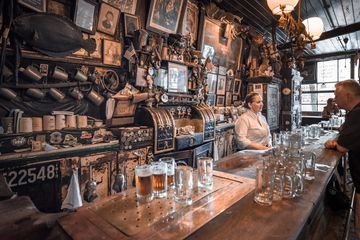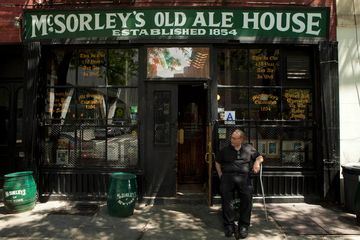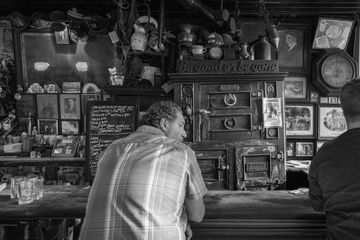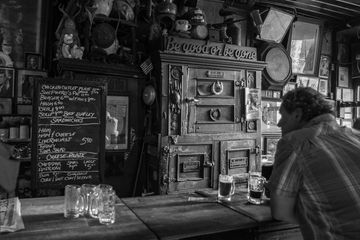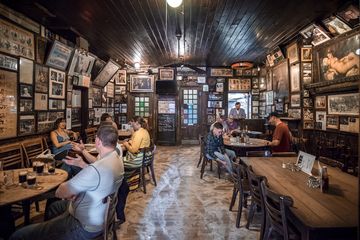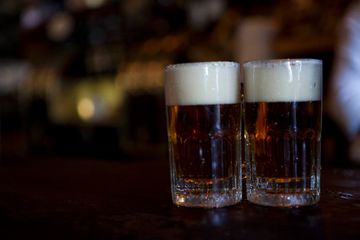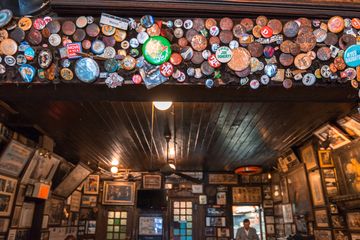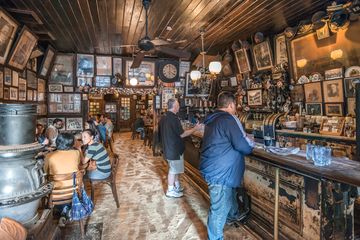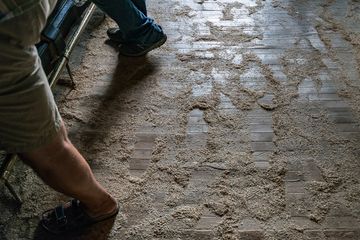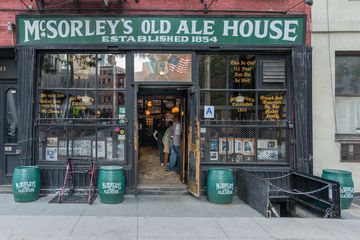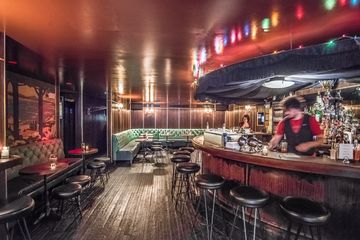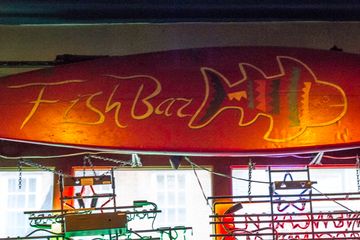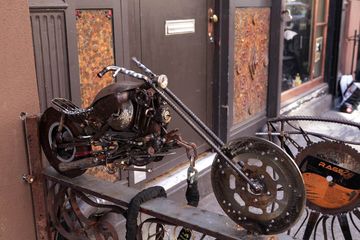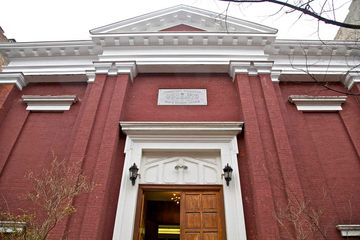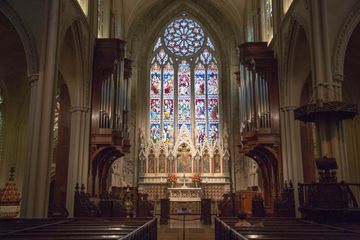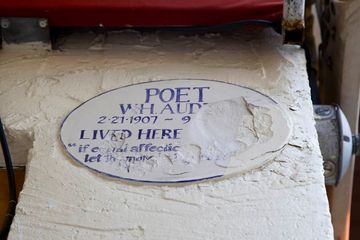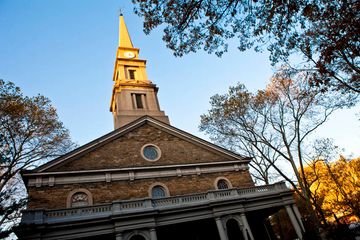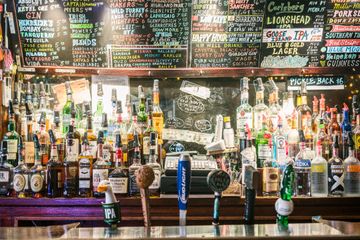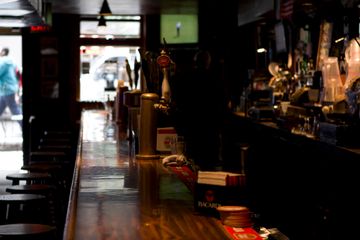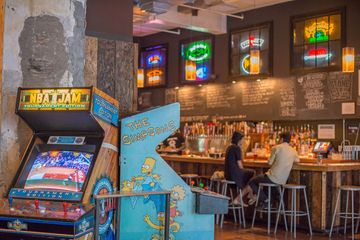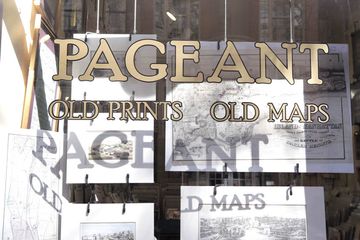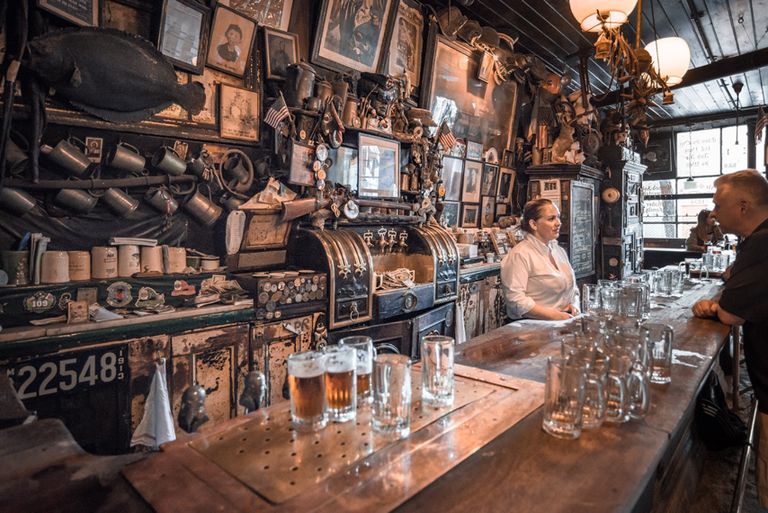
A look at Manhattan’s most long-standing bars would be lacking without McSorley’s, which is hailed as the oldest Irish saloon in the city. It was founded by Irish immigrant John McSorley as a working-class pub named The Old House at Home. Known for serving beer for the price of pennies and free plates of cheese and crackers, the bar stayed alive during Prohibition by selling “Near Beer” to its loyal patrons. Throughout its long history, McSorley’s has preserved its famous golden rule, ordering customers to “Be Good or Be Gone.” Its previous slogan of “Good Ale, Raw Onions, and No Ladies” remains true on the first two counts. As for the latter, although McSorley’s was indeed one of the last men-only bars in the city, a court ruling forced it to admit women in the 1970s. It was eventually purchased by a night manager, Matthew Maher, who then passed it on to his daughter, Teresa. She has made history at this well-loved institution by becoming the first woman to work behind the bar. Aside from this, little has changed. The memorabilia on the walls and the sawdust-covered floor speak to McSorley’s storied past. There is even a chair that Abraham Lincoln sat in when he stopped by for a drink in 1859. A more somber memento can be found hanging from the electric lamps along the bar. Soldiers leaving to fight in World War I were given a turkey and ale dinner, and the wishbones were then placed on the lamps with the hope the men would come back, collect them, and celebrate their safe journey home. Dozens of aged wishbones remain there today, in remembrance to the soldiers who were unable to return. Unsurprisingly, given its enduring popularity, McSorley’s has been featured in numerous works of art, literature, and media. Most notably, it was immortalized in E.E. Cummings’ poem “Sitting in McSorley’s” and by New Yorker writer Joseph Mitchell, who was so taken with the bar as a microcosm of old New York that he published an anthology of essays in its honor.
